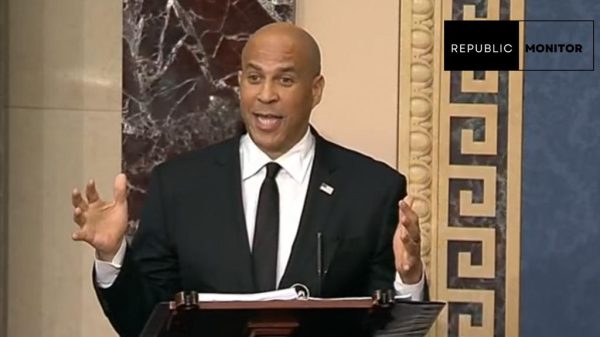He was an All-Star twice and played for four teams over four decades, winning two World Series. Then he carried his baseball knowledge and charisma into the TV booth.
Who is Tim McCarver?
Tim McCarver, an All-Star catcher & Hall of Fame broadcaster who played for the St. Louis Cardinals and won two World Series titles, passed away on Thursday. Over his 60-year career, he was one of the nation’s most recognisable, wise, and gregarious television commentators. He was 81 years old when he died. According to the Baseball Hall of Fame, McCarver died Thursday morning in Memphis, Tenn., where he was with his family.
A select few players, including him, made it into major league games over forty years. The striking Bob Gibson, who McCarver played for St. Louis in the 1960s, and the restrained Steve Carlton, a fellow Cardinal in the 1960s and a colleague of the Philadelphia Phillies in the 1970s, were two pitchers who would go on to join members of the Hall of Fame. McCarver was a two-time All-Star who collaborated closely with both of these pitchers.
Soon after retiring in 1980, he moved to television and became best known to national audiences for his 18-year association with play-by-play announcer Joe Buck on Fox. McCarver, a six-foot-tall, powerfully built Memphis police officer’s son. He got into a few fights as a kid but spent his time playing baseball and football and impersonating prominent announcers, most notably Harry Caray. The Cardinals signed him when he was still in high school for $75,000, a hefty sum at the time; In 1959, he made his team debut at age 17, and it wasn’t until he was in his early 20s that he took over as the starting catcher.
Tim McCarver: “34 years ago, my obligation shifted from the field and the players—to the booth and to you—the viewers. Fairness and accuracy and honesty have always been my goals. Along with teaching you something you may not have known about this great game…”
RIP pic.twitter.com/PNIYXvMquK
— Jennifer X. Williams (@JenXperience) February 16, 2023
Private Life:
McCarver received his education in Memphis’ segregated schools and often discussed his schooling as a newcomer in St. Louis. He was surrounded by players like Gibson and outfielder Curt Flood, who were outspoken about challenging and making fun of McCarver. Gibson recalls “getting right up in McCarver’s face” as he shouted racist remarks towards a Black boy attempting to leap a fence during spring training. McCarver loved to relate the tale of sipping an orange soda on a hot spring day in spring training and Gibson asking for some, then laughing when McCarver flinched.
“Perhaps more than any other Black guy, it was Gibby who helped me transcend any underlying biases I may have had,” .295 with 14 home runs and was second in MVP voting to teammate Orlando Cepeda as the Cardinals won their second World Series in four years.
McCarver met Carlton as a rookie in 1965, when the left-hander had “an independent streak bigger than the Grand Canyon,” McCarver later recounted. They fought at first, even shouting on the mound during games, but they became friends and were reunited in the 1970s when both were transferred to Philadelphia.
“Every good pitcher needs to have a very clever catcher, and Tim McCarver is that guy,” Carlton remarked during his Hall of Fame acceptance speech in 1994.
Professional Life:
Throughout his 21-year career, including short stints with the Montréal Expos and Boston Red Sox, McCarver batted 271 overall and struck out more than 40 times twice. He hit.273 in the playoffs and had his most excellent showing in the 1964 series, which the Cardinals won in seven games. McCarver was 11-for-23 with five walks, and his 3-run homer in the 10th inning of Game 5 at Yankee Stadium secured his side a 5-2 win.
His career as a broadcaster for the NY Mets and New York Yankees, on CBS as Jack Buck’s partner, or for Fox from 1996 to 2013 with his son Joe Buck introduced him to younger baseball fans. McCarver and Anne McDaniel lived in Sarasota, Fla., and Napa, Calif. McCarver announced part-time for Fox Sports Midwest in recent years and covered the rare Cardinals game before missing the 2020 season due to worries regarding Covid-19. He was honoured into the Cardinals Hall of Fame in 2017, in addition to the Frick award.
Read Also – Deane Lester, a horse racing legend, passed away after a battle with cancer
















